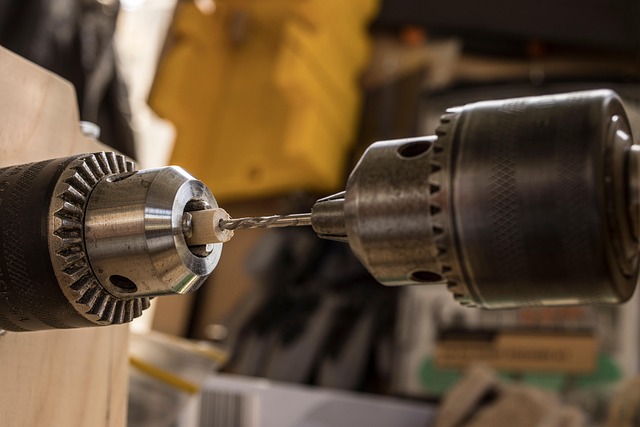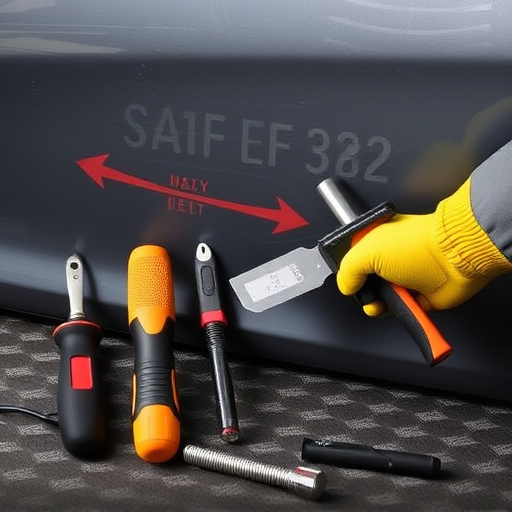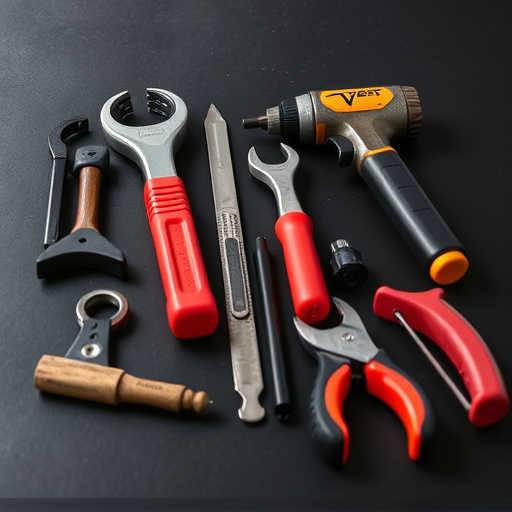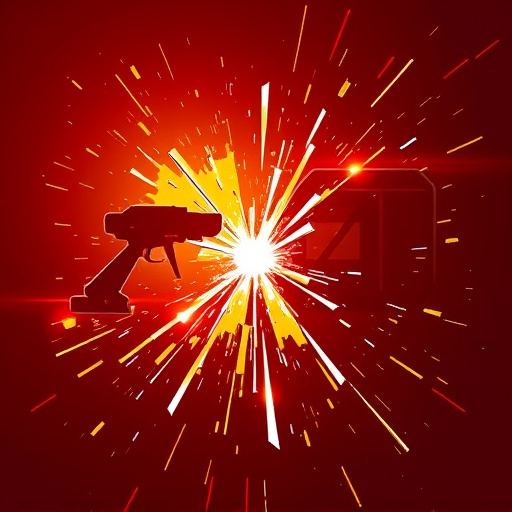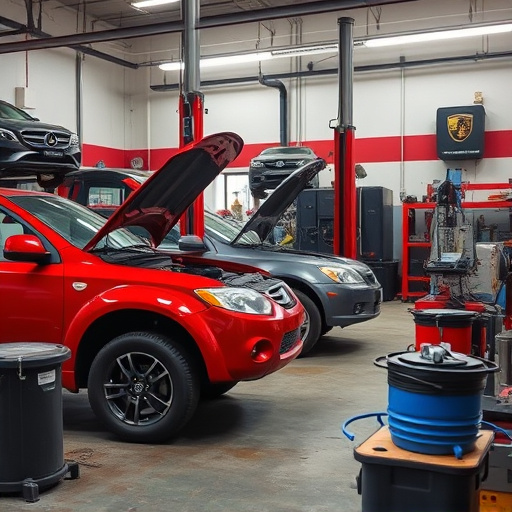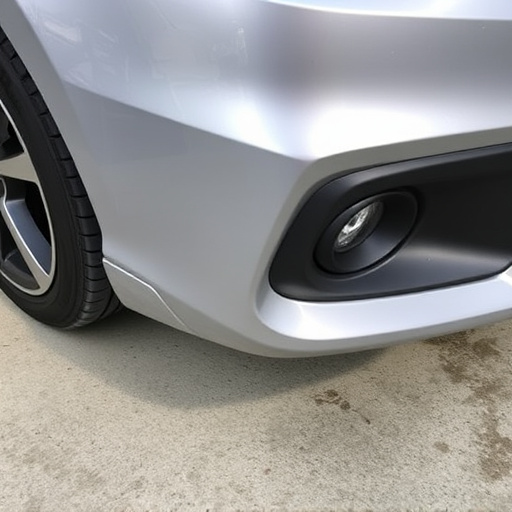Understanding and effectively managing auto body shop warranties is key to customer satisfaction and business reputation. Warranties define responsibilities and expectations for repairs or modifications, with varying coverage from labor guarantees to comprehensive plans including parts and paint. Educating customers about their warranty, exclusions, limitations, and claim processes builds trust and prevents disputes. High-quality standards through rigorous inspections and trained technicians ensure repairs meet industry and customer expectations. Swift and efficient claims handling, guided by trained staff, demonstrates commitment to exceptional service, fostering customer loyalty and positive word-of-mouth recommendations.
Maintaining a robust auto body shop warranty is key to fostering customer trust and ensuring long-term success. This article delves into best practices designed to safeguard warranties and maximize customer satisfaction. We explore critical components, starting with understanding comprehensive warranty coverage and deciphering intricate terms. Furthermore, we discuss implementing stringent quality control measures to prevent defects and ensure superior repairs. Lastly, we provide strategies for seamless claim handling, emphasizing the importance of excellent communication and customer service in building a positive reputation for your auto body shop.
- Understanding Warranty Coverage and Terms
- Implementing Effective Quality Control Measures
- Handling Claims and Ensuring Customer Satisfaction
Understanding Warranty Coverage and Terms
At any auto body shop, understanding the warranty coverage and terms is paramount for ensuring customer satisfaction and maintaining a positive reputation. Auto body shop warranties are designed to protect both the business and its clients, outlining the responsibilities and expectations in case of repairs or modifications. These agreements can vary significantly, from simple labor guarantees to comprehensive coverage that includes parts and paint. Customers should be educated about what their warranty entails, including exclusions, limitations, and the process for filing a claim.
For instance, while many auto body shops offer warranties on their services, specific terms often apply. A Mercedes-Benz repair shop, for example, might warrant its work for a set period or distance, with certain conditions regarding maintenance history and original parts usage. Similarly, automotive collision repair facilities may provide coverage for repaint and restoration but exclude damage from subsequent accidents or neglect. Familiarizing clients with these details ensures they know what to expect and can help prevent disputes or misunderstandings down the line, fostering trust in your auto body shop’s services.
Implementing Effective Quality Control Measures
Maintaining a high standard of quality is essential for any auto body shop to uphold its warranty claims. Implementing effective quality control measures ensures that repairs meet or exceed industry standards and customer expectations. This involves rigorous inspection processes at each stage of the repair, from initial assessment to final touch-ups. Trained technicians should inspect every detail, including paint job accuracy, structural integrity, and proper alignment, to catch any imperfections before the vehicle leaves the shop.
Regular staff training is a key aspect of quality control. Keeping up with the latest industry standards and best practices for auto body repairs ensures that technicians are equipped to deliver consistent, high-quality work. This, in turn, reduces the likelihood of warranty claims due to subpar repairs or recurring issues, fostering customer satisfaction and building trust in your auto body shop’s capabilities, especially when dealing with minor incidents like fender benders.
Handling Claims and Ensuring Customer Satisfaction
Handling claims efficiently is key to maintaining customer satisfaction within an auto body shop warranty program. The moment a client identifies a defect or damage covered under warranty, prompt action becomes imperative. A swift response not only sets expectations but also demonstrates a commitment to delivering exceptional service. Trained staff should guide customers through the claim process, ensuring they understand their rights and responsibilities. This includes providing clear information about what constitutes a valid claim, documenting all relevant details, and offering transparent communication throughout.
A satisfied customer is more likely to become a loyal patron and advocate for your auto body shop. By prioritizing their experience during the warranty claim process, you foster trust and build brand loyalty. Efficiently addressing concerns, providing timely repairs or replacements, and ensuring the work meets high-quality standards are all part of delivering an exceptional service that surpasses customer expectations. Remember, a satisfied client is more valuable than any marketing campaign, as word-of-mouth recommendations can significantly impact your business’s success in the competitive auto repair industry.
Maintaining an auto body shop warranty requires a multifaceted approach. By thoroughly understanding coverage and terms, implementing robust quality control measures, and adeptly handling claims while prioritizing customer satisfaction, shops can ensure long-term trust and protect their reputation. Adhering to these best practices is key to fostering strong relationships with clients and ensuring the success of any auto body repair business.


